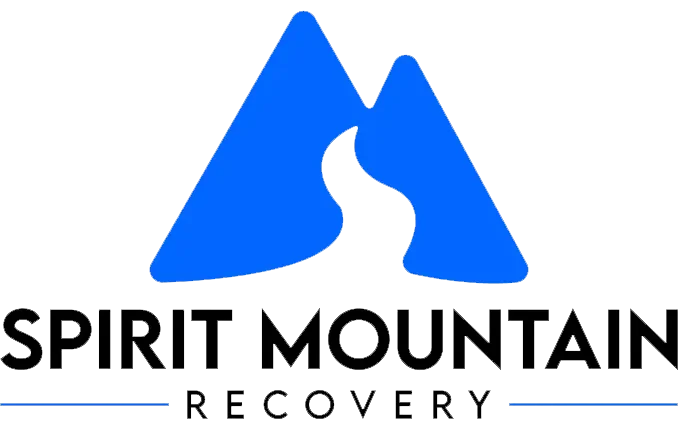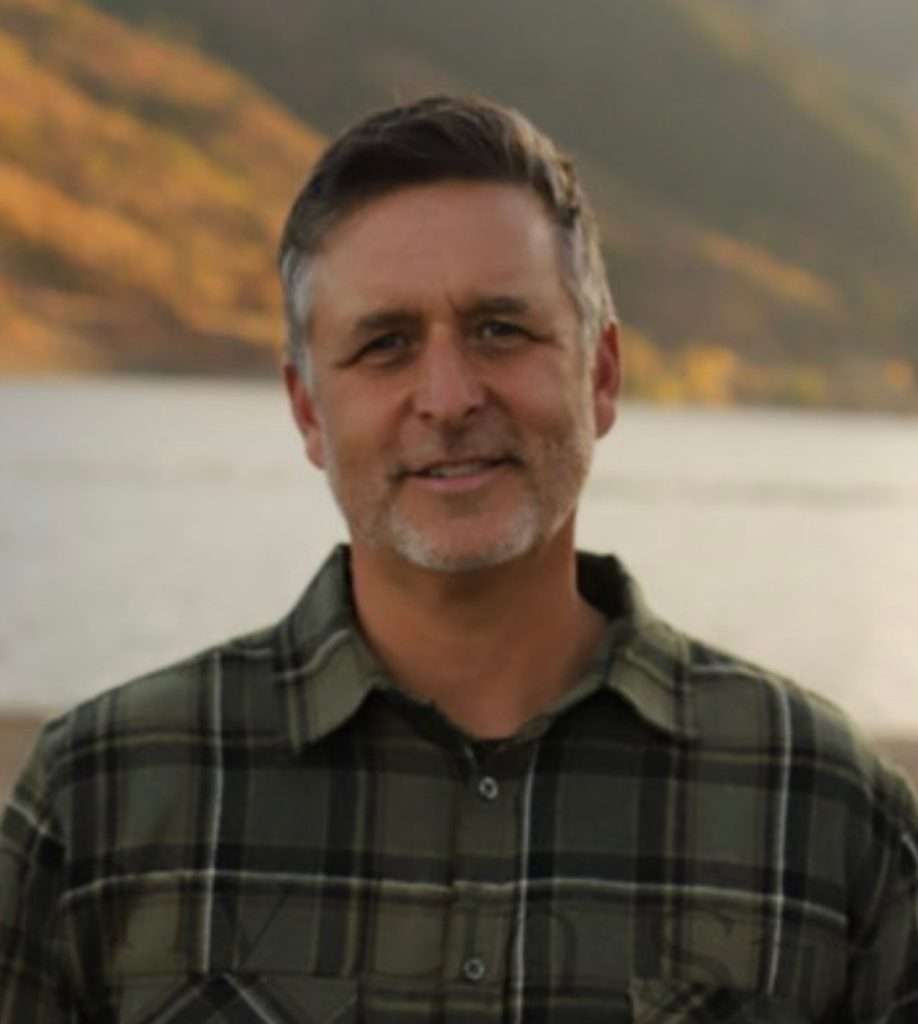The Unique Appeal of Fall Wilderness Therapy in Utah
Utah’s red rock canyons, alpine forests, and high desert plateaus create an unmatched backdrop for therapeutic work. When autumn arrives, these landscapes undergo a profound transformation that enhances the healing process. Aspens turn brilliant gold against crimson sandstone cliffs. The air becomes crisp and clear, carrying the scent of sage and pine.
Utah wilderness therapy in the fall offers distinct advantages over other seasons:
- The temperature drops from summer’s intensity into a comfortable range—ideal for extended outdoor activities without the physical drain of extreme heat.
- Young men find themselves naturally more engaged when they’re not battling dehydration or heat exhaustion.
The changing foliage creates a visual metaphor that resonates deeply during treatment. Just as trees shed their leaves to prepare for renewal, participants learn to release unhealthy patterns and behaviors. This parallel isn’t lost on those doing the hard work of recovery.
Seasonal therapy benefits extend beyond the physical environment:
- Fall’s transition triggers something primal in us—a recognition that change is natural and necessary.
- This awareness opens emotional doors that might remain closed in static settings.
- The shorter days and longer nights encourage introspection.
- Campfires become spaces for honest conversation.
- The wilderness strips away distractions, leaving room for genuine self-examination and growth.
Building Resilience Through Wilderness Therapy for Young Adults
Building resilience through wilderness therapy creates a fundamental shift in how young men respond to adversity. When removed from familiar environments that enable destructive patterns, participants face immediate challenges that demand new responses. The absence of digital distractions and comfort zones forces young adults to confront their behaviors directly, creating space for genuine transformation.
Young adult wilderness programs leverage natural consequences as teaching tools. A poorly secured tent in the backcountry teaches responsibility more effectively than any lecture. Navigation errors become opportunities to practice problem-solving under pressure. These experiences build coping skills development that translate directly to real-world situations—managing frustration, asking for help, persisting through discomfort.
An example of this is the Castaway Survival program, which immerses young adults in survival scenarios that require them to adapt quickly and think creatively. This not only enhances their problem-solving skills but also instills a sense of confidence and self-reliance.
How fall wilderness therapy builds resilience in young adults extends beyond individual challenges. Group dynamics in the wilderness create accountability structures where young men learn to communicate needs, resolve conflicts, and support others through difficulty. The physical demands of hiking, camp setup, and outdoor living strengthen both body and mind, proving to participants they’re capable of more than they believed.
Nature itself serves as a co-regulator for emotional states. The rhythmic patterns of wilderness life—sunrise routines, evening fires, steady walking—help reset dysregulated nervous systems. Young men discover that emotional regulation doesn’t require substances or screens, but rather connection to something larger than themselves.
Integrating Evidence-Based Mental Health Practices Within Fall Wilderness Programs
Our approach to mental health treatment in Utah’s wilderness doesn’t abandon clinical rigor—it amplifies it. We weave evidence-based therapeutic practices into every aspect of the outdoor experience, creating a treatment model where Cognitive Behavioral Therapy (CBT) and Dialectical Behavior Therapy (DBT) sessions happen against backdrops of golden aspens and red rock canyons. A young man learning to identify cognitive distortions through CBT might practice this skill while navigating a challenging trail, recognizing how his thoughts about his capabilities shift with each obstacle overcome.
The wilderness therapy Utah setting proves particularly effective for addressing the complex mental health challenges young adults face:
- Anxiety disorders respond to the grounding presence of nature and structured exposure to manageable stressors
- Depression lifts as physical activity releases endorphins and accomplishments rebuild self-worth
- PTSD symptoms often soften in environments free from urban triggers and sensory overload
- Substance use disorders benefit from complete separation from access and peer influences
The digital detox inherent in wilderness programming creates space that modern life rarely offers. Without phones buzzing with notifications or social media feeding comparison cycles, young men discover their authentic thoughts and feelings. This technological silence isn’t punitive—it’s protective, allowing the brain’s reward systems to recalibrate while therapeutic work takes root in fertile ground.
Spirit Mountain Recovery’s Approach to Men’s Wilderness Recovery in Utah
Our men’s wilderness recovery Utah programs recognize that young men face distinct challenges when battling addiction and behavioral health issues. At Spirit Mountain Recovery, we’ve designed our approach around the specific developmental needs of young men, creating an environment where vulnerability becomes strength rather than weakness.
The foundation of our young men addiction recovery model centers on authentic male connection. Through shared experiences in Utah’s wilderness during fall, participants forge bonds that transcend typical peer relationships. These connections form the bedrock of accountability—when young men witness their brothers confronting similar struggles, they develop the courage to examine their own patterns without shame or judgment.
The Role of Utah Wilderness Therapy in Our Approach
Utah wilderness therapy in the fall provides the ideal backdrop for this transformative work. Our programs integrate:
- Structured group challenges that require collaboration and trust-building
- Individual therapy sessions conducted in natural settings that promote honest self-reflection
- Skills training focused on emotional regulation and healthy communication
- Mentor-guided experiences that model healthy masculinity and leadership
The brotherhood cultivated during Spirit Mountain Recovery Utah programs extends beyond treatment completion. Young men learn to hold themselves and each other accountable not through criticism, but through genuine care and mutual respect. This peer support network becomes a critical resource during early recovery when isolation often triggers relapse.
Practical Resilience for Lasting Change
Men’s wilderness recovery in Utah at Spirit Mountain emphasizes practical resilience—teaching young men to recognize their emotional triggers, develop healthy coping mechanisms, and build self-awareness that serves them long after they leave our program. Our approach incorporates innovative methods such as experiential therapy which adds fun and inspiration to the recovery journey.
If you’re interested in learning more about our unique programs or have any questions, please don’t hesitate to contact us.
Navigating Industry Challenges While Maintaining Quality Care in Wilderness Therapy Programs
The wilderness therapy industry has faced significant scrutiny in recent years. Several Utah programs have encountered allegations ranging from inadequate supervision to questionable treatment methods, resulting in state investigations and program closures. These incidents have rightfully raised concerns among families seeking help for their young men.
The path forward requires unwavering commitment to program accountability and ethical standards. Proper licensing, regular state inspections, and adherence to evidence-based treatment protocols form the foundation of a safe therapeutic environment. Families deserve complete transparency about staff qualifications, safety protocols, and treatment methodologies before entrusting their sons to any program.
We recognize these wilderness therapy industry challenges as opportunities to demonstrate our dedication to excellence. Our approach centers on:
- Maintaining full compliance with Utah’s regulatory requirements and industry best practices
- Employing licensed clinical staff with specialized training in adolescent and young adult treatment
- Implementing comprehensive safety protocols that address both physical and emotional well-being
- Providing regular communication with families through detailed progress updates
Client well-being drives every decision we make. Our small group sizes ensure individualized attention, while our rigorous staff training emphasizes trauma-informed care and crisis intervention. We believe that authentic healing happens when young men feel genuinely safe—both physically and emotionally—allowing them to engage fully in their recovery journey without fear or coercion.
Long-Term Impact of Fall Wilderness Therapy on Young Adults’ Mental Health and Recovery
The true measure of any treatment program lies in its lasting effects. Parent reports consistently reveal that young men who complete Utah wilderness therapy in the fall demonstrate sustained improvements months and years after leaving the program. The resilience building outcomes extend far beyond initial treatment—young adults apply crisis management techniques learned during autumn expeditions to navigate job stress, relationship conflicts, and unexpected life challenges.
Post-treatment improvements we observe include:
- Enhanced emotional regulation during high-pressure situations
- Stronger interpersonal boundaries and communication skills
- Decreased reliance on substances as coping mechanisms
- Increased self-efficacy when facing adversity
The long-term recovery benefits stem from experiential learning that becomes muscle memory. A young man who learned to manage anxiety while setting up camp in 40-degree weather carries that composure into boardrooms and difficult conversations. These aren’t abstract concepts discussed in a clinical setting—they’re lived experiences etched into memory through physical challenge and natural consequence.
Moreover, for many young men, these wilderness therapy programs serve as a crucial turning point, especially for those grappling with the aftermath of adverse childhood experiences, which can often lead to addiction. Such experiences make the need for comprehensive support even more pressing.
For families seeking holistic treatment options for their sons, exploring such avenues provides the foundation for genuine transformation. The wilderness doesn’t offer quick fixes, but it does cultivate the internal resources young men need to build meaningful, sustainable lives.
FAQs (Frequently Asked Questions)
What makes fall wilderness therapy in Utah uniquely effective for mental health treatment?
Fall wilderness therapy in Utah offers a unique appeal due to the state’s stunning natural landscapes transformed by cooler temperatures and vibrant changing foliage. This seasonal shift creates a calming and reflective atmosphere that enhances emotional openness and receptivity to therapy, making it an ideal environment for healing.
How does fall wilderness therapy help build resilience in young adults?
Fall wilderness therapy builds resilience in young adults by disrupting unhealthy behavioral patterns through outdoor challenges and group activities. It teaches practical coping strategies while leveraging nature’s role in fostering emotional regulation and mental strength, ultimately empowering young adults to better manage life’s stressors.
What evidence-based mental health practices are integrated into Utah’s fall wilderness therapy programs?
Utah’s fall wilderness therapy programs combine traditional evidence-based therapies such as Cognitive Behavioral Therapy (CBT) and Dialectical Behavior Therapy (DBT) with experiential outdoor learning. These integrated approaches effectively address anxiety, depression, PTSD, and substance use disorders while encouraging participants to unplug from technology to enhance healing focus.
How does Spirit Mountain Recovery tailor its men’s wilderness recovery program in Utah?
Spirit Mountain Recovery offers tailored men’s wilderness recovery programs focusing on young men struggling with addiction and behavioral health issues. The program emphasizes building brotherhood and accountability through group dynamics in nature, fostering resilience and self-awareness to support long-term recovery outcomes.
What challenges does the wilderness therapy industry face, and how does Spirit Mountain Recovery maintain quality care?
The wilderness therapy industry faces challenges including scrutiny over some Utah programs due to allegations and closures. Spirit Mountain Recovery prioritizes transparency, regulation compliance, ethical treatment standards, and client well-being to ensure a safe therapeutic environment amidst these industry challenges.
What are the long-term benefits of participating in fall wilderness therapy for young adults?
Long-term benefits of fall wilderness therapy for young adults include sustained improvements in mental health as reported by parents, enhanced resilience building outcomes, and improved ability to cope with life stressors post-treatment. Programs like those at Spirit Mountain Recovery encourage families to explore holistic treatment options that support lasting recovery.


